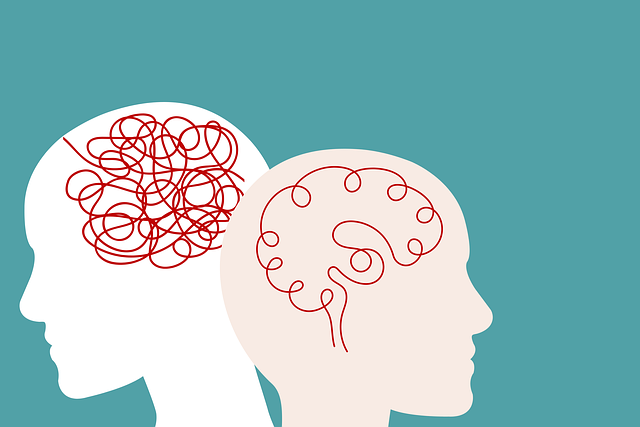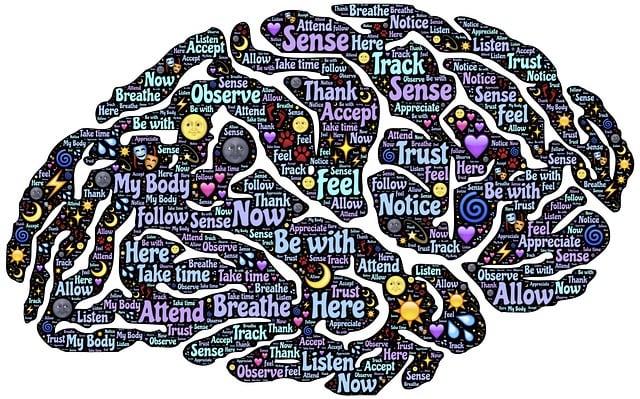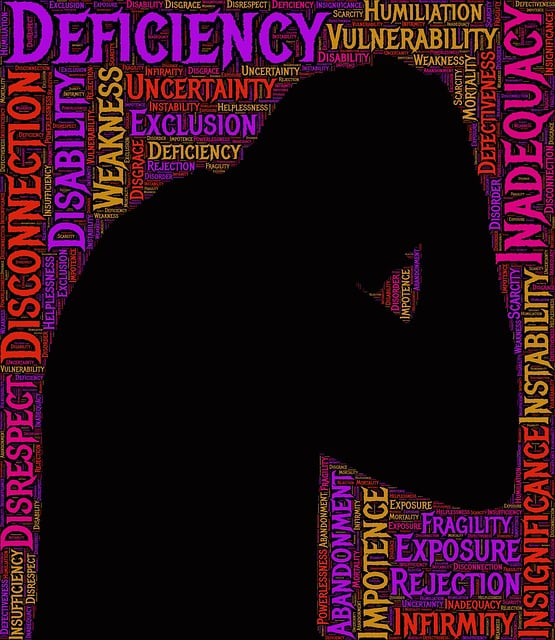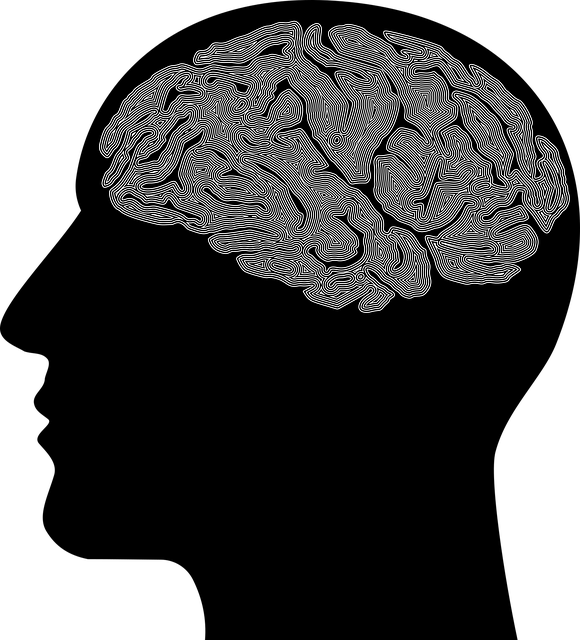Westminster Pain Management Therapy focuses on holistic coping skills development to enhance well-being. They combine social and emotional healing, CBT, mindfulness practices, and journaling to empower individuals in managing pain, stress, and anxiety. By integrating mental health support and education, they help clients gain resilience, mental clarity, and control over their lives, improving overall quality of life.
Coping skills are essential tools for navigating life’s challenges, especially chronic pain conditions. This article explores the concept of coping skills development, offering a comprehensive guide for individuals seeking to enhance their resilience. We delve into the importance of understanding these skills, particularly through the lens of Westminster Pain Management Therapy, which provides effective strategies for managing pain and improving overall well-being. By integrating various techniques, one can transform daily life, fostering better mental health and adaptability.
- Understanding Coping Skills: An Overview
- The Role of Westminster Pain Management Therapy
- Strategies for Effective Coping Skills Development
- Integrating Coping Techniques into Daily Life
Understanding Coping Skills: An Overview

Understanding coping skills is an essential aspect of overall well-being, and it plays a pivotal role in managing stress, anxiety, and pain. At Westminster Pain Management Therapy, we recognize that individuals often face various challenges that can impact their mental and physical health. Our approach to coping skills development focuses on empowering clients with effective strategies to navigate life’s difficulties.
Through social skills training and incorporating emotional healing processes, our therapeutic methods help individuals build resilience and enhance their coping abilities. By learning these skills, people can better manage pain, improve mental clarity, and foster a sense of control over their lives. This proactive approach ensures that individuals equipped with robust coping mechanisms can navigate life’s twists and turns with greater ease and adaptability.
The Role of Westminster Pain Management Therapy

Westminster Pain Management Therapy plays a pivotal role in equipping individuals with effective coping skills to navigate chronic pain and associated challenges. Beyond addressing physical discomfort, this therapeutic approach holistically targets mental health components, recognizing the intricate link between pain perception and emotional well-being. Through tailored interventions, it empowers patients to manage anxiety relief, enhance their ability to cope, and improve overall quality of life.
The therapy integrates various techniques, including mental wellness journaling exercises guided by healthcare provider cultural competency training, to foster self-awareness and resilience. By providing a safe space for expression, these practices enable individuals to process emotions, reframe thoughts, and develop healthy coping mechanisms. Such comprehensive care ensures that patients not only find relief from physical pain but also cultivate mental fortitude to overcome life’s challenges with renewed vitality.
Strategies for Effective Coping Skills Development

Developing effective coping skills is a vital part of managing pain and improving overall well-being. Westminster Pain Management Therapy offers several strategies to help individuals navigate through challenging situations. One key approach involves integrating mental health support, such as cognitive-behavioural therapy (CBT), which has proven successful in treating various pain conditions. CBT equips individuals with tools to challenge negative thoughts, manage stress, and develop healthier coping mechanisms.
Additionally, engaging in regular physical activity, mindfulness practices, and social connections can significantly enhance one’s ability to cope. Mental Illness Stigma Reduction Efforts play a crucial role in encouraging individuals to seek support without fear of judgment. Westminster Pain Management Therapy also emphasizes the importance of tailored Mental Health Education Programs Design, ensuring that each person receives guidance suitable for their unique needs and circumstances. These strategies collectively contribute to better mood management and overall mental health.
Integrating Coping Techniques into Daily Life

Integrating coping techniques into daily life is a key aspect of Westminster Pain Management Therapy, aiming to empower individuals to manage their mental health effectively. These strategies can range from simple mindfulness exercises and deep breathing techniques to more structured practices like cognitive-behavioral therapy (CBT) and journaling. By incorporating these methods into routines, individuals can develop resilience and better navigate stress and adversity.
Effective communication plays a crucial role in this process, as sharing experiences with trusted friends, family, or support groups can reduce the stigma associated with mental illness. Additionally, mental health professionals can facilitate risk management planning to help clients anticipate and cope with challenges, thereby enhancing their overall well-being.
Coping skills development is a powerful tool for managing pain and improving overall well-being. As discussed, understanding coping mechanisms and integrating them into daily routines can significantly enhance one’s ability to navigate challenges. The Westminster Pain Management Therapy approach highlights the importance of tailored strategies, offering hope and practical solutions for those seeking relief from chronic pain. By combining therapeutic techniques with personal growth, individuals can embrace a more balanced and fulfilling life.














